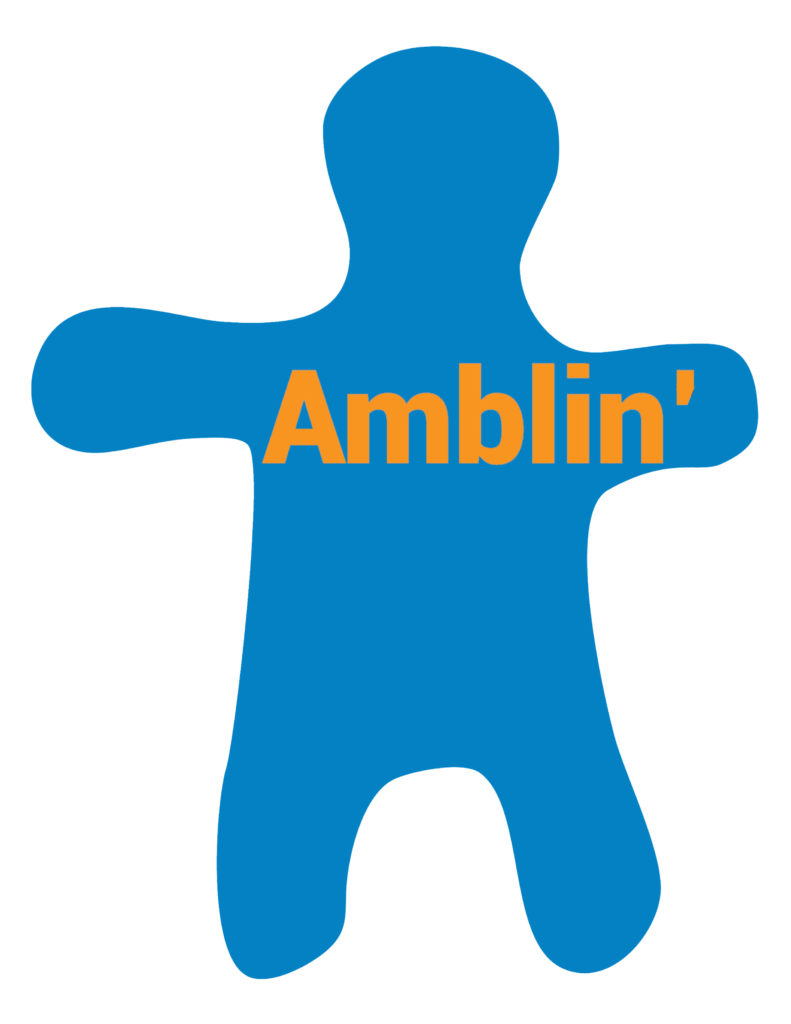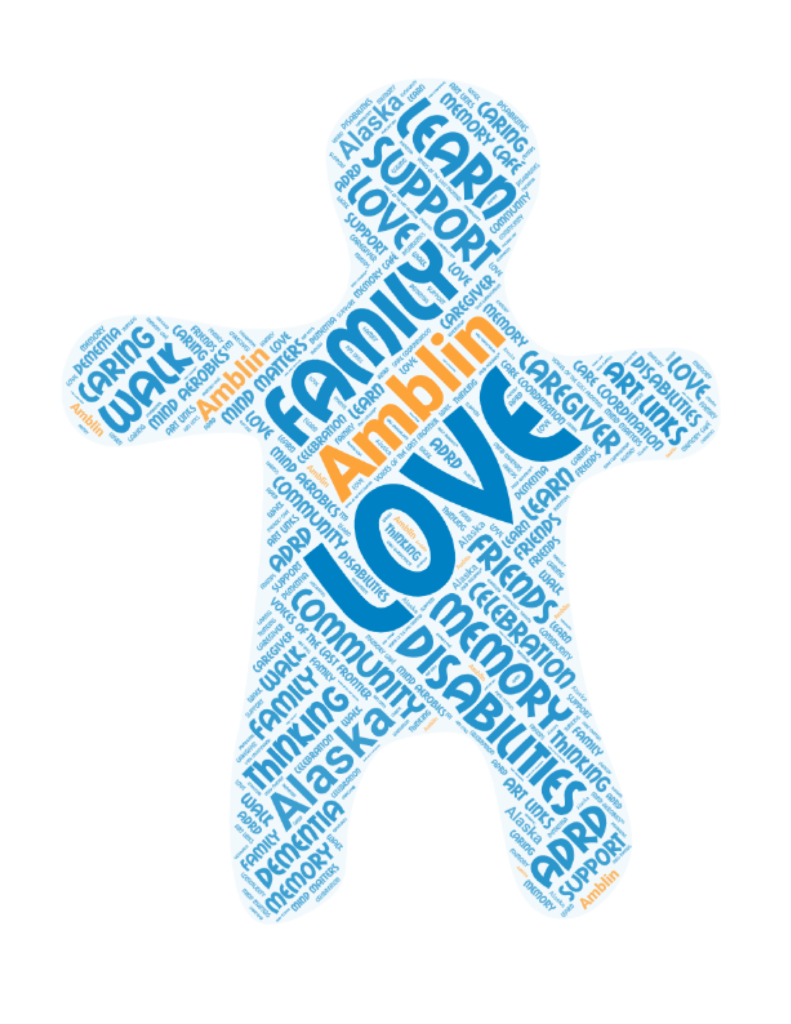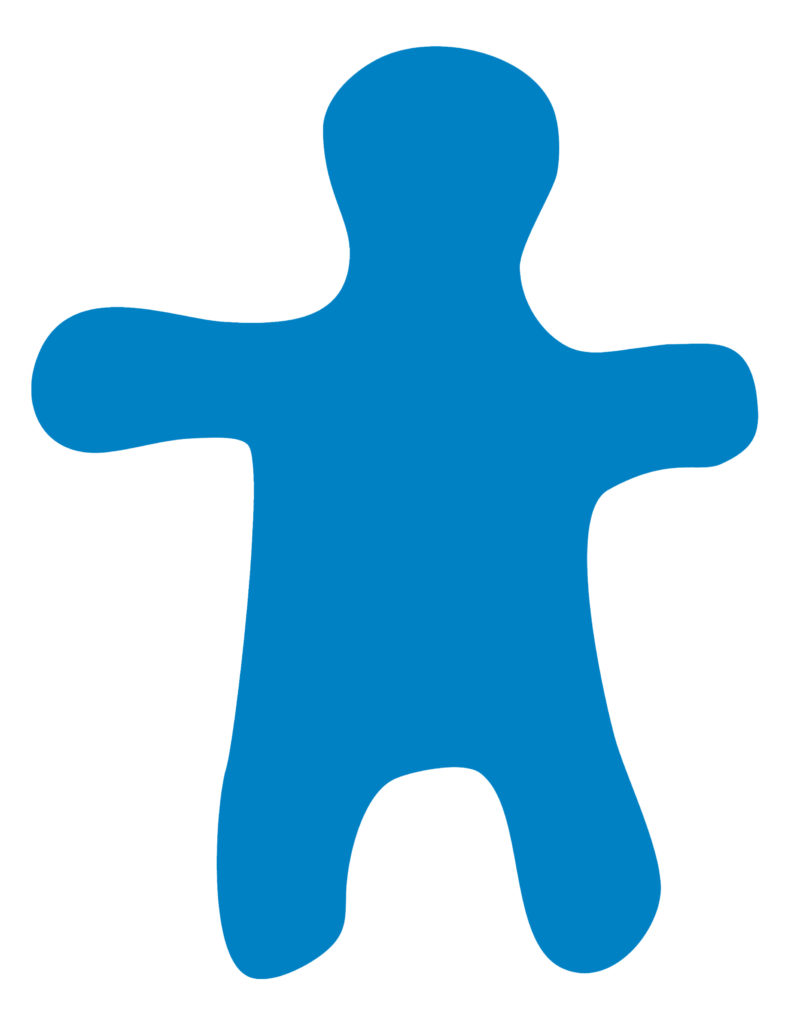Medications and Dementia

Managing the changes associated with dementia requires a thoughtful approach. Any dramatic or sudden change in cognition, movement or behavior should be evaluated for a medical condition that may require treatment, such as an infection or pain.
Untreated co-occurring medical problems can lead to behavioral problems, especially if the person with dementia is having difficulty communicating.
It is also important to have a good, complete assessment of the person’s medical and mental health history that includes looking for any other co-occurring conditions.
Once a medical or mental health condition is ruled out, attempts to manage the symptoms with nondrug interventions is generally recommended first before using medications.
While medications can be very helpful, some medications can cause new problems and should be avoided. Others might need their doses to be adjusted to provide benefits or to reduce side effects. Some medications may no longer be needed or alternative treatments, including nondrug strategies, might be safer and more effective for you.
To effectively treat and manage persons with Alzheimer’s disease and related disorders (ADRD), it is necessary to focus on improved care, nutrition, environment and physical health.
Problems may also arise from lack of mobility, lack of stimulation (boredom), and social isolation.
When medications are indicated, the general advice is to:
- Start at a low dose and then increase slowly based on the person who is living with dementia’s response in order to maximize benefits and minimize side effects.
- Avoid medications that may worsen memory and thinking or increase confusion, since people with cognitive challenges may be particularly sensitive to the effects of certain medications.
- Avoid drug interactions that may interfere with medications used to treat cognitive problems.
- Make one medication change at a time to understand its effect. It is important to see your doctor regularly while taking these medications. As the disease progresses and symptoms change, the medications or doses may need to change, or the medications might stop working or need to be stopped. Please consult with your doctors before making any changes to your medications.
- Tell your medical providers about all medications you are taking, including prescription, non-prescription, vitamins, supplements and herbals.

Current medications can’t cure Alzheimer’s disease or other dementias, but they might be able to slow it down and make it easier to live with. They may relieve symptoms related to memory, thinking, language and other thought processes. In addition, they may also help with mood, agitation and other behavioral issues.
Medications may not work for everyone. People respond very differently to medications.
- Sometimes the medications can lead to improvement in memory, cognition or behavior.
- Sometimes they may not make a big difference, but memory, cognition or behavior may not decline or worsen as fast as without medications.
- Sometimes the medications don’t work, have problematic side effects or seem to make things worse.
- Usually, the side effects go away after a few days, or the dose may need to be adjusted.
While these medications may cause side effects, many people are able to take them without problems.
Commonly Used Medications for persons with cognitive impairment, although none of these medications are recommended for people living with Frontal Temporal Dementia (FTD).
| Drug Name (Brand Name) |
Generic Available |
Uses | Possible Side Effects | |
|---|---|---|---|---|
| Donepezil (Aricept®) |
Yes | All stages of dementia (not recommended in FTD) |
Nausea, diarrhea, vomiting, upset stomach, lack of hunger, weight loss or low heart rate. Other less common problems are feeling tired, having trouble sleeping, vivid dreams or muscle cramps. |
|
| Rivastigmine (Exelon®) |
Yes | |||
| Galantamine (Razadyne®) |
Yes | |||
| Memantine (Namenda®) |
Yes | Moderate to severe stages of dementia; often used in combination with one of the drugs above (not recommended in FTD) |
Headache, dizziness, confusion or constipation |
|
Taking any medication is a very personal decision. Consult with your medical provider to find a medication that may be right for you.
How we can help
- Individual and family consultations.
- Caregiver support groups by telephone or video conference (a great way to learn about local resources)
- Community Resource Guides or setup a consultation for further community referrals.
- Brochures and handouts
- Lending library and recommended books/videos/websites
- Educational programs, seminars and state-wide webinars on relieving stress for caregivers, family consultations, financial and legal planning, and Savvy Caregiving and more.
- Printable Fact Sheets
- Care coordination services
- Assistance to find respite services, chore services, or consumer-directed personal care attendant services.
- Mini-grant funds for items that will help your loved one
Related Resources
Alzheimer’s and Dementia Info Pages
- 10 Steps in Planning for the Future
- 10 Warning Signs
- About Alzheimer’s Disease
- About ADRD
- Activities for Adults with Dementia
- Assisted Living Homes
- Caregiver Checklist
- Combativeness
- Communication Tips
- Diagnosis
- Dining & Dementia
- Driving and Dementia
- Introducing Services
- Treatment & Medications
- Medications & Dementia
- Normal Aging vs. Alzheimer’s
- Prevention
- Strategies for Wandering
- Stages and Symptoms
- Talking with Children about Alzheimer’s
- Traveling with Alzheimer’s
 Make a Payment
Make a Payment



